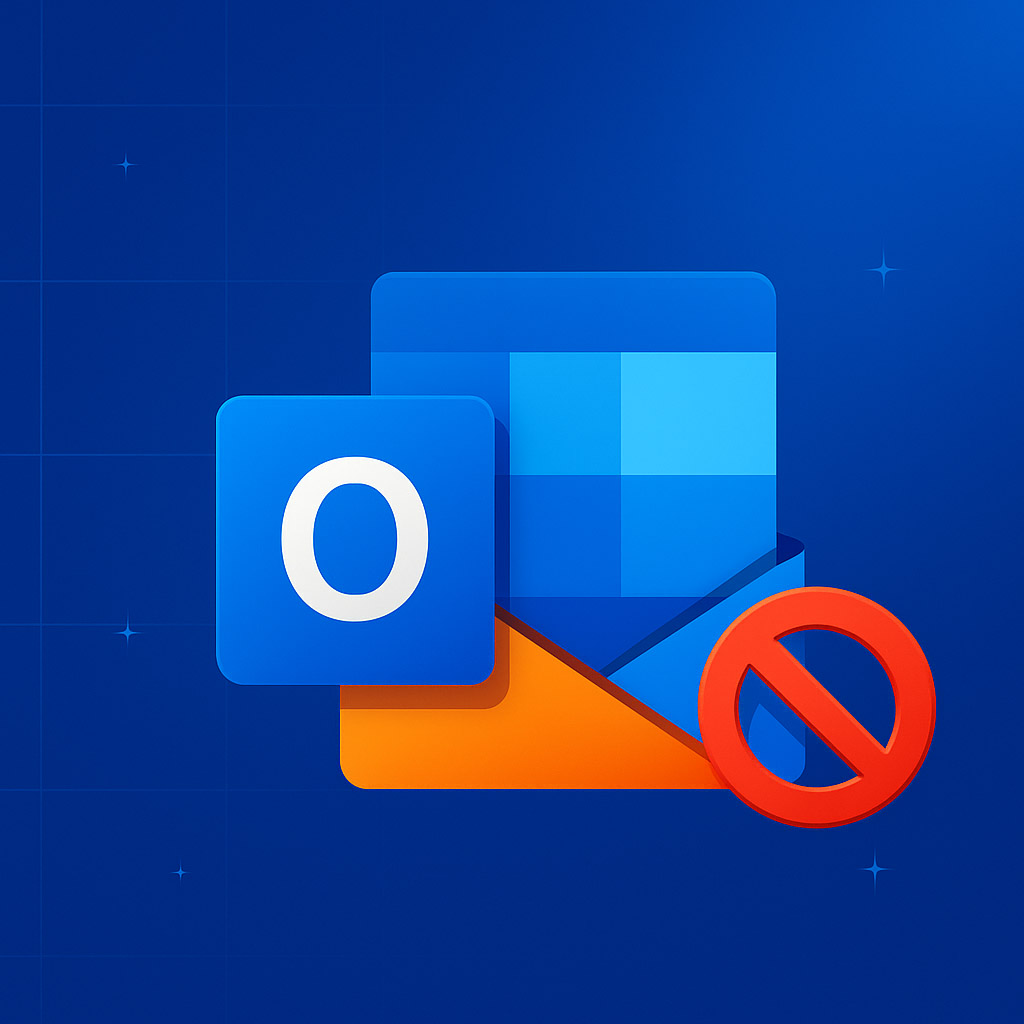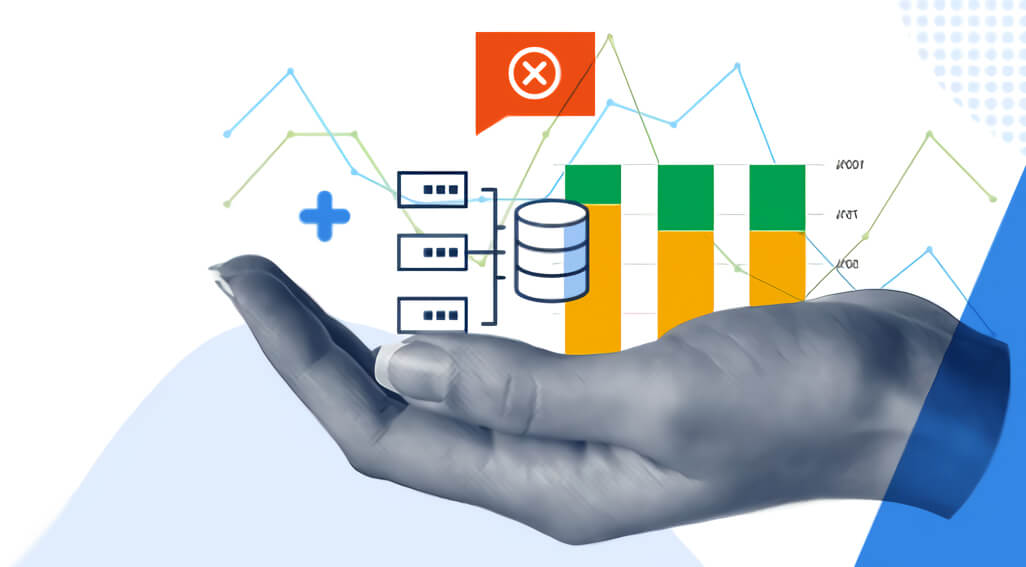
I hope you enjoy reading this blog post. If you want my team to just do your email and SMS marketing for you, click here.
TL;DR
Starting May 5, 2025, Microsoft officially began enforcing new requirements for bulk email senders targeting consumer domains like outlook.com, hotmail.com, and live.com. If you send 5,000+ emails per day to these domains, this is your wake-up call to get compliant—or risk having your emails blocked.
📌 Why This Matters
After Gmail and Yahoo rolled out their bulk sender policies in 2024, Apple followed suit with strict privacy-first requirements in early 2025. Now, Microsoft has joined the club with its own rules focused on improving inbox quality, security, and user trust.
If you’re already following best practices, you’re likely 80% there. But Microsoft has its quirks—so here’s what you need to review and adjust today.
🧑💻 Does This Apply to You?
If you send:
- Newsletters
- Promotional emails
- Product launches
- Non-triggered campaigns
AND you’re sending 5,000+ messages per day to Microsoft consumer domains, you must comply.
Even if you send less, following these rules future-proofs your deliverability.
🚨 What Microsoft Requires
✅ 1. Proper Email Authentication: SPF, DKIM, and DMARC
These aren’t suggestions—they’re mandatory. Microsoft will reject unauthenticated emails with errors like:
550 5.7.515 Access denied, sending domain [yourdomain.com] does not meet the required authentication level.
Action Items:
- Publish valid SPF records
- Enable DKIM signing
- Set up a DMARC policy (start with
p=noneand monitor)
Pro tip: Use tools like MxToolbox or EasyDMARC to verify your setup.
🧵 2. Include a Functional, Easy-to-Find Unsubscribe
Every email must include:
- A clear unsubscribe link in the body
- List-Unsubscribe headers in the email metadata
To be compliant with Microsoft’s expectations, support both GET and POST unsubscribe requests. This is increasingly seen as a minimum standard.
List-Unsubscribe: https://yourdomain.com/unsubscribe
List-Unsubscribe-Post: List-Unsubscribe=One-Click
Tip: Return 200 OK for POST requests and show a standard unsubscribe page for GETs.
📉 3. Keep Spam Complaint Rates Below 0.3%
Yes, that’s the same threshold as Gmail and Yahoo. Microsoft wants senders who respect inboxes—and punishes those who don’t.
How to stay under 0.3%:
- Use double opt-in (where possible)
- Prune disengaged users
- Segment aggressively
- Monitor complaints daily
✉️ 4. Use Valid “From” and “Reply-To” Addresses
You can’t send from no-reply@yourdomain.com if that address doesn’t exist.
At least one of your headers (From or Reply-To) must be a functioning inbox that accepts messages (even if automated).
🛠 How to Get Compliant — Fast
If you’re using platforms like Resend, Klaviyo, SendGrid, or Postmark, most of these features are built-in or easily configurable.
Double-check:
- Domain authentication (SPF, DKIM, DMARC)
- Unsubscribe link rendering
- List-Unsubscribe headers
- Complaint monitoring
💬 Final Thoughts
Microsoft’s move is part of a larger shift toward accountability in email. As more providers push for authenticated, user-friendly messages, the inbox is becoming a better place—for both marketers and recipients.
Treat May 5, 2025, not as a headache, but as a deliverability checkpoint.
Because if your emails don’t make it to the inbox… what’s the point?
You can get the first lesson of my course totally FREE
You’ll learn powerful strategies and tools to take your email and SMS campaigns to the next level. Ready to start your journey today?
🧠 Years of expertise packed into a course
Click here - Get 75% OFF for a limited time and gain proven strategies to elevate your email & SMS marketing



